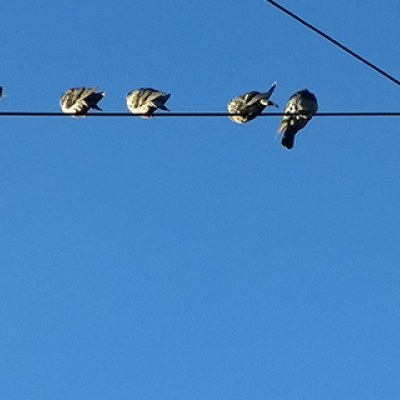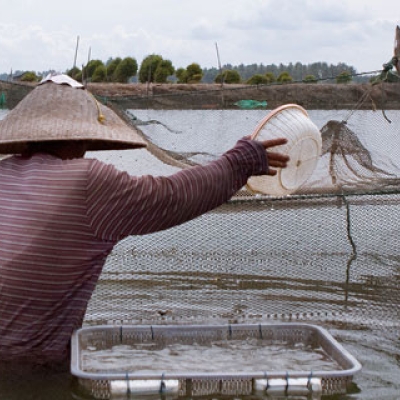Perhaps because we are such Olympians at moving, at shifting and transitioning to new lives, new jobs and new houses, Americans know relatively little about the places in which they live. Much of my own work has been about the creative ideas for educating about place and region, and for deepening connections to nature and landscape. There are many possibilities, some tried, others only pondered. Part of the task I think is to make learning about community and place fun; something that you would want to do, and that would compete well with the many other life diversions available.









